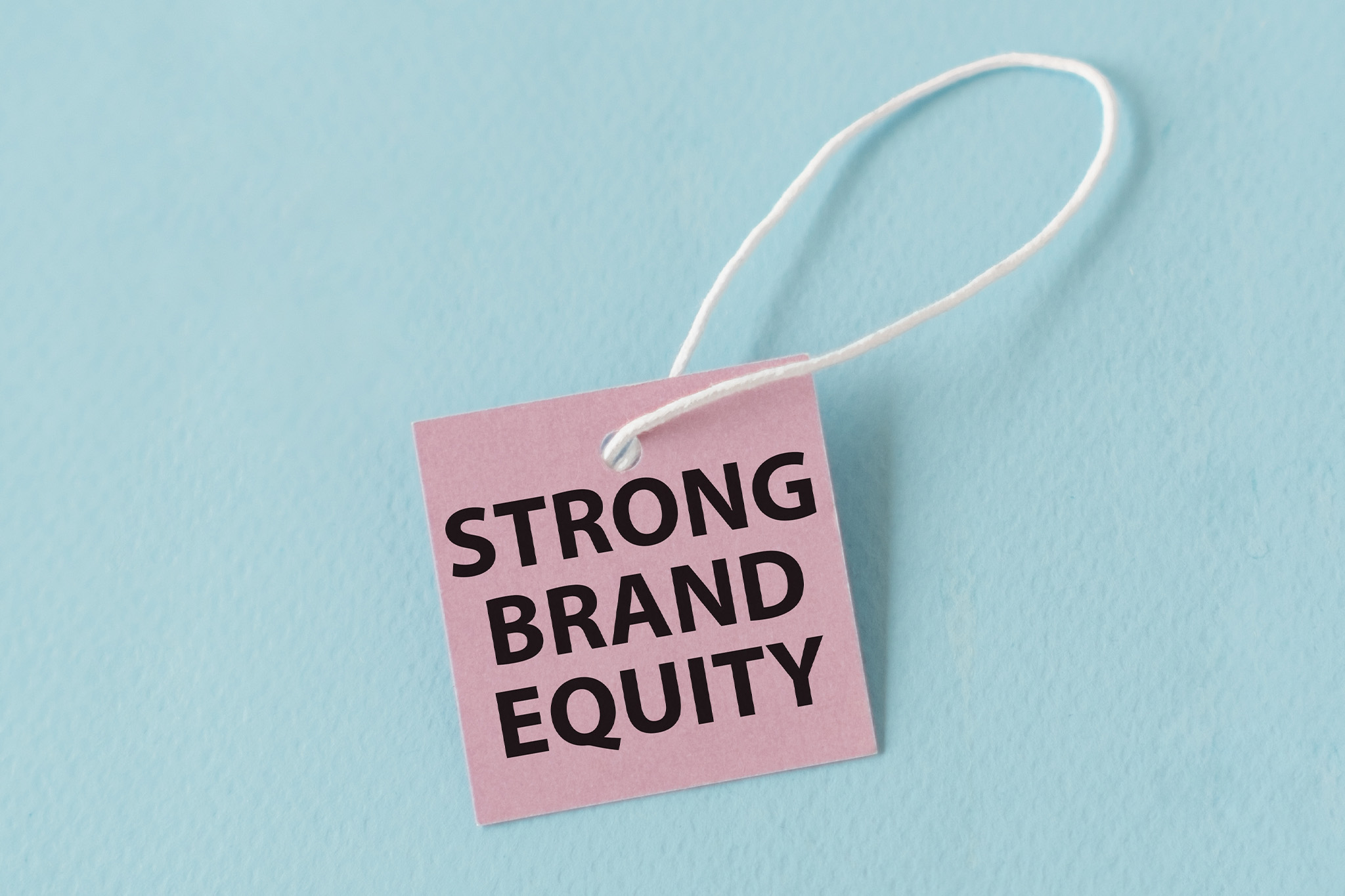In this blog post, we delve into the concept of brand equity and its importance. Let’s dive in.

What is brand equity?
The importance of brand equity
Brand equity is of paramount importance for businesses for several reasons. Firstly, it serves as a competitive advantage by differentiating a brand from others in the market. A strong brand equity instills confidence and trust in consumers, which translates into repeat purchases, customer loyalty, and positive word-of-mouth.
Secondly, brand equity enables companies to command premium pricing. When customers perceive a brand as superior, reliable, and trustworthy, they are willing to pay a higher price for its products or services. This premium pricing contributes directly to increased profitability and revenue for the business.
The 4 elements of brand equity
How brand equity affects your bottom line
How to create brand equity
1. Develop a clear brand identity:
Define your brand’s values, mission, and unique selling propositions. Craft a compelling brand story that resonates with your target audience and differentiates you from competitors.
How to measure brand equity
Examples of companies with high brand equity
Looking at successful companies with high brand equity gives us valuable insights into effective brand-building strategies. Here are two great examples:
Porsche
Tylenol
What comes next?
Building and maintaining brand equity is a strategic endeavour that can significantly impact a business’s success. A strong brand equity drives customer loyalty, premium pricing, increased sales, and ultimately, a positive bottom line. By focusing on key elements such as brand awareness, loyalty, associations, and value, businesses can enhance their brand equity and stand out in a crowded market.
At LD, we understand the importance of brand equity and the impact it can have on your bottom line. Our team of digital marketing experts is dedicated to helping businesses like yours build and strengthen their brand equity through comprehensive branding strategies, targeted marketing campaigns, and exceptional customer experiences. Book a free coffee chat to find out more about how we can help you create a strong brand equity that drives your business forward.

